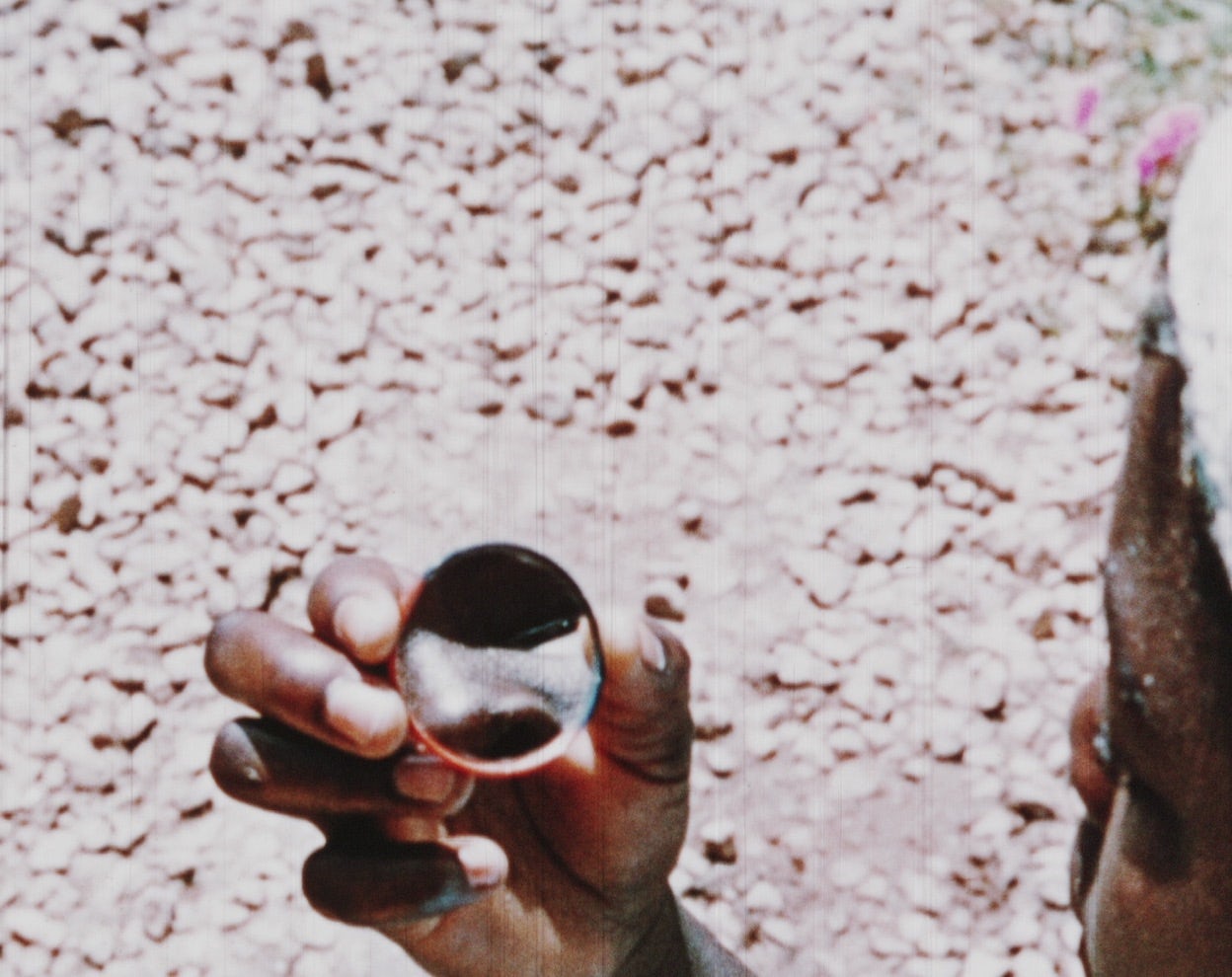Work an a project around reappropriating missionary audiovisual archives

ANGLES, a new heritage project initiated by KU Leuven (Belgium), offers three creative practitioners the opportunity to create a new artwork using colonial missionary film archives.
The selected applicants will be offered a working grant of €6,000. Proposals can be submitted until March 15 2021.
What?
KADOC is a cultural archive affiliated with the University of Leuven (KU Leuven, Belgium) that, amongst many other collections, holds an extensive collection of audiovisual archives that have emerged from colonial missionary contexts. 2020 saw the digitization of one of these audiovisual archives: the film collection of the Missionaries of Africa (White Fathers).
Containing 80 different mission films – feature films, educational and ethnographic films and nature documentaries – produced between 1946 and 1967 in today’s Democratic Republic of Congo, Rwanda, and Burundi, the White Fathers’ films provide a rich tapestry of missionary perceptions and representations of Central Africa during the colonial period.
ANGLES, a project embedded in KU Leuven, was established to make way for a creative and multi-angled approach of this audiovisual heritage collection. It wishes to stimulate the exploration of alternative interpretations and the re-viewing of the White Fathers’ films by inviting different methodologies and expressions.
For whom?
THIS OPEN CALL addresses creative practitioners (preferentially but not exclusively) residing in the DRC, Rwanda or Burundi, or of Congolese, Rwandese or Burundian heritage, with proven experience with and interest in archives, audiovisual heritage and/or colonial history.
We invite proposals for artworks (in any form and any medium) rooted in a reflective dialogue with the White Fathers’ films that engages with questions regarding
- colonial and missionary heritage and the coloniality of historical knowledge
- colonial and missionary archives as socio-political structures
- notions of ownership and custodianship of colonial and missionary archives and postcolonial art
- digital heritage, digital sharing and restitution
- ethical issues in the digitization of cultural heritage
- African culture and the digital
- …
Practical
SELECTED APPLICANTS will be able to schedule their work over a six-month working period starting in May and ending in October 2021, including an artistic research residency in Leuven for the duration of three weeks (accommodation will be provided). During this time, the project team and KADOC will enable and facilitate conversation, consultation, archival research and offer technical support.
The project will culminate in a symposium and a presentation of the art work in the Chapel of Our Lady of Fever at KADOC in October-November 2021, with the optional extension of the presentation on campus in KU Leuven or at partner institutions for the period of one year. Selected applicants will receive a working grant of €6,000.
How to apply?
THE APPLICATION should consist of a motivation letter, an artistic portfolio and a CV, and should be submitted no later than March 15 2021. We attach great importance to inclusivity and encourage people from across the spectrum regardless of their age, training, religion, race, ethnicity, sexuality or disability to apply. The selection of submitted applications will be done by members of the ANGLES project team. The results will be communicated before 1 April. One-to-one conversations with short-listed candidates may take place.
More information
All information regarding the project, including a selection of film clips, can be found on www.kadoc.be/angles.
Applications and inquiries for more information about the project, the call, the exhibition space and the selection procedure, please CONTACT: jonas.vanmulder(at)kuleuven.be .
ANGLES is an initiative of Kim Christiaens and Jonas Van Mulder (KADOC Documentation and Research Centre on Religion, Culture and Society); Fred Truyen and Sofie Taes (KU Leuven, CS Digital); Idesbald Goddeeris (KU Leuven, Modernity & Society 1800-2000) and Katrien Pype (KU Leuven, Institute for Anthropological Research), and is supported by the Global Minds programme of VLIR-UOS.


